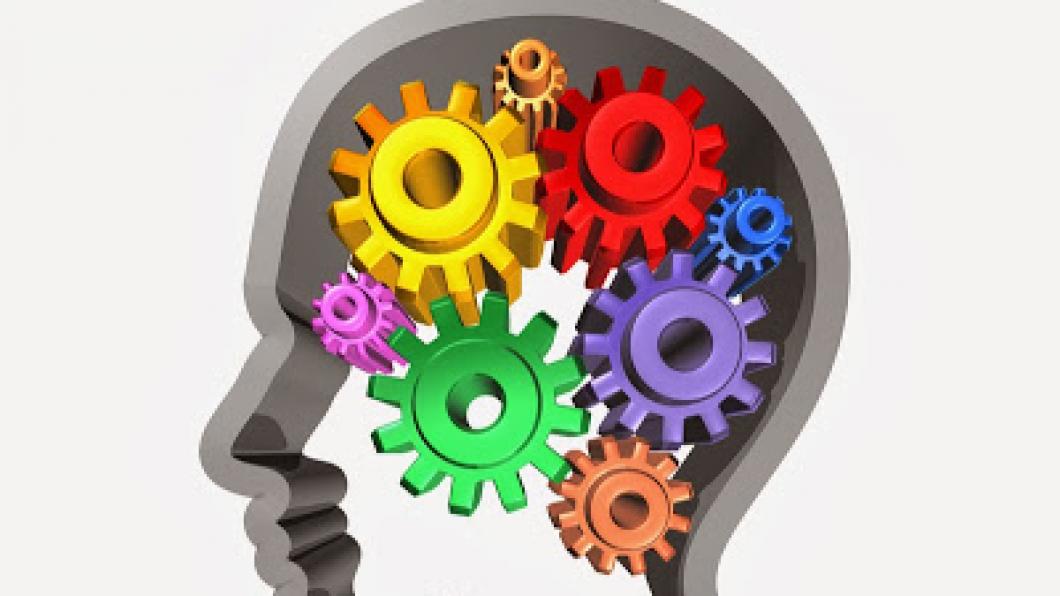
Does being smart make you a 'better' person?
When I was at university (yes, decades ago!) I think I felt that I was somehow "responsible" for my intelligence. That I'd made a choice to be "smart" while others make choices to be athletes or runway models or contractors.
I think I was even a bit smug about it.
I remember a conversation with a friend that went something like this: "If you could be smart OR beautiful—but not both—what would you choose?"
I was flabbergasted when my friend (who happened to be brilliant and was once a child model) chose beauty. She felt it was more important to be beautiful than smart, she said. She felt it could get her further in the world.
This seemed shallow to me. I thought of beauty as something that a person had little control over. You're either born with looks that fit Western standards of beauty—or you're not. And looks can't tell you anything about who a person is inside, I thought. Looks can't make you a "good" person.
It's taken me all these years, and the birth of my son with intellectual disability, to realize that I didn't in any way "earn" my intelligence, or "work hard for it," and it certainly wasn't a "choice."
It was an aptitude bestowed on me at birth. It was luck.
For some reason, I'd grown up believing that smart people got where they were because of some combination of moral superiority and hard work. That they'd chosen to be smart. And that there was some kind of higher good associated with intellect that didn't exist with other human attributes.
I was reminded of this mindset when I saw intelligence described as "the highest virtue" in this article by Columbia University professor Rachel Adams, who has a son with Down syndrome.
Her piece begins: "Last week, a doctor told us our 4-year-old son's IQ is 67."
Adams recounts the process of having her son tested and, how, even though she knows the weaknesses of standardized testing, the results were devastating.
"Much as I recognized the flaws in the test, I found it impossible not to care about the results," she writes. "I know how much they matter. Between us, my husband and I have nearly 25 years of higher education, three master's degrees, two Ph.Ds and a J.D. We've gone far in life by being extremely good test takers. I teach at an Ivy League university where intelligence is held to be the highest virtue. It was cause for celebration when the SAT scores of our first year entering class outranked those of Yale's. I see the opportunities made available to students who, because of talent or training, know how to succeed at standardized tests."
It was Adams pairing of intelligence with "virtue" that made me balk.
I've always considered virtues to be various kinds of human goodness. In this online Oxford dictionary reference virtue is described as:
"Behaviour showing high moral standards: A quality considered morally good or desirable in a person."
Virtue is also described as a "useful" quality of a thing (e.g. "these are his greatest virtues") and in the archaic sense of chastity.
By describing intelligence as "the highest virtue" at Columbia, Adams seems to give it a moral quality (though perhaps she meant simply to say it is the most "useful" human attribute).
Intelligence—which is largely dicated by our parents' genes—has nothing inherently to do with goodness. It can be used for good, and it can be used for bad.
Because Adams ranks intellect 'numero uno" among virtues, the reader is nudged to consider the traditional theological virtues of faith, hope and charity (love). Is Adams suggesting that intellect has surpassed these as a moral good?
I don't think she is—because she goes on to say that the best rejoinder to her son's low IQ score was to be found at home, in "the warm reality of my complicated child," a boy she sees as "clever and funny and full of potential."
I do, however, think Adams is underscoring how quick our culture is to define intellect as the most precious of human qualities, and to assign a moral characteristic to it: Smart people are good people.